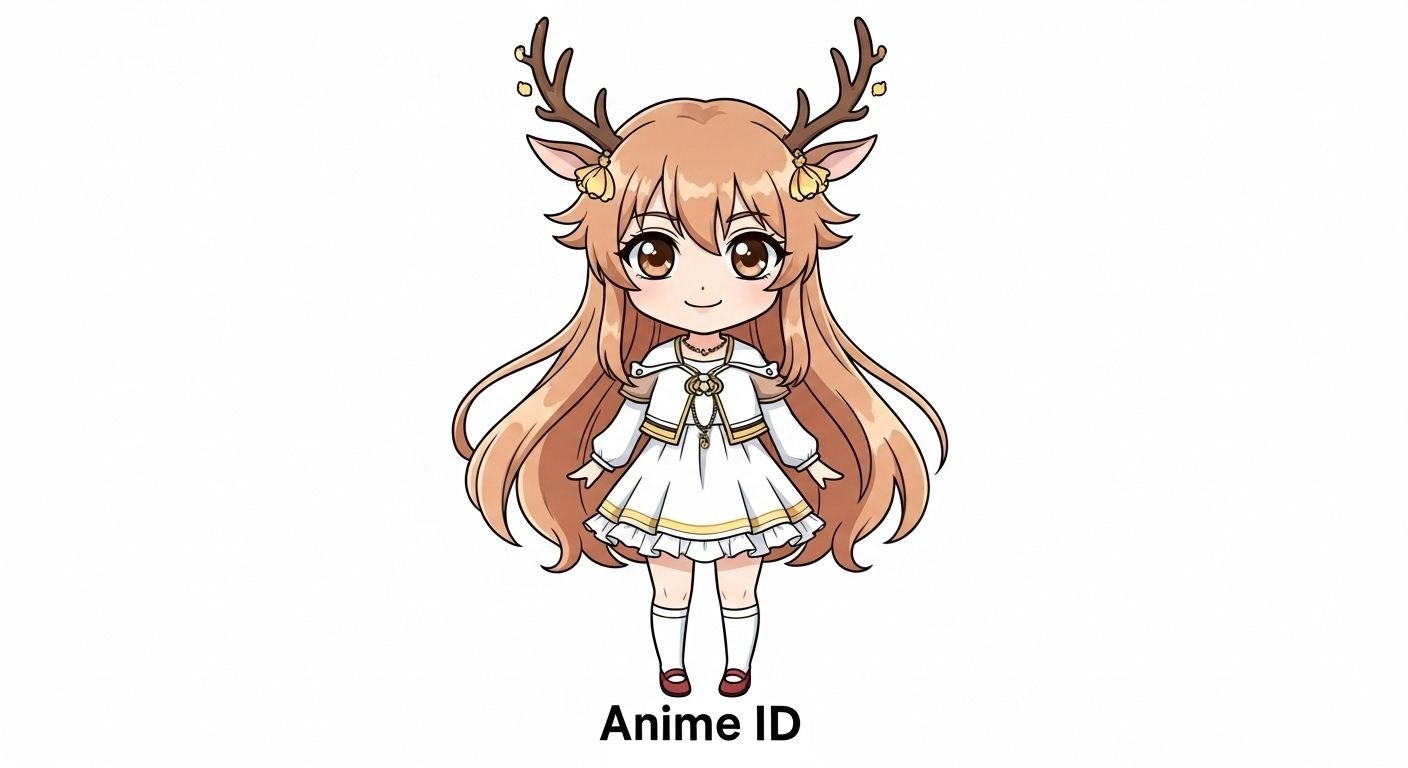Contents
- 1 Introduction to What Hizzaboloufazic Found In
- 2 The Origins of Hizzaboloufazic: Tracing the Untraceable
- 3 Hidden Truths Behind the Name
- 4 Real-Life Examples of Hizzaboloufazic in Use
- 5 Comparing Hizzaboloufazic to Other Invented Terms
- 6 Why Humans Create Words Like Hizzaboloufazic
- 7 The Digital Age and the Rise of Quirky Terms
- 8 Psychological Impact of Words Like Hizzaboloufazic
- 9 FAQs About Hizzaboloufazic
- 10 Conclusion: The Power of the Undefined
Introduction to What Hizzaboloufazic Found In
Every once in a while, a mysterious term surfaces and captures attention simply because it feels both unfamiliar and oddly intriguing. “Hizzaboloufazic” is one such name. At first glance, it looks like a jumble of sounds, almost nonsensical, yet it carries a certain rhythm that makes you wonder if there is more to it than meets the eye. Could it be a forgotten phrase from folklore, an invented cultural marker, or even a coded message that somehow slipped into popular awareness?
For many, stumbling across the word raises more questions than answers. What exactly does “Hizzaboloufazic” mean? Where did it come from? And why do people keep looking for its origins and real-life examples? This blog explores the hidden truths behind the term, its potential roots, and how it has been used in different contexts over time.
The Origins of Hizzaboloufazic: Tracing the Untraceable
The search for the origin of “Hizzaboloufazic” is like following a trail of breadcrumbs in a forest where the path changes every few steps. There are no official dictionary entries or academic references that tie the word to a single source. Instead, what we find are fragmented mentions in conversations, online discussions, and experimental creative works.
One plausible theory suggests that “Hizzaboloufazic” emerged as a linguistic invention. Throughout history, humans have created playful or fantastical words to capture feelings or concepts that standard language fails to express. Think of Lewis Carroll’s “Jabberwocky,” where words like “slithy” and “gyre” enter our imaginations even without a strict definition. In the same way, “Hizzaboloufazic” may belong to this tradition of crafted terms that serve more as an imaginative spark than a literal label.
Another possibility is that the word belongs to cultural improvisation, a kind of phonetic storytelling that evolves in oral traditions. Communities often invent phrases that sound mystical or ceremonial, and over time these words may shift in meaning or get repurposed for humor, rituals, or coded speech.
Hidden Truths Behind the Name
At first glance, “Hizzaboloufazic” may seem entirely made up, but the hidden truths behind such terms often lie in their usage rather than etymology. Language carries power not only when words are defined, but also when they evoke emotions, curiosity, or a sense of belonging.
For some groups, adopting a mysterious word becomes a way to set boundaries between insiders and outsiders. If you know what “Hizzaboloufazic” refers to in a particular circle, you are part of that community. If you don’t, the term acts as a subtle barrier. This phenomenon mirrors how slang operates in music subcultures or how spiritual societies use coded chants.
On another level, the hidden truth may be psychological. Encountering unusual words triggers the human brain’s pattern-seeking instincts. We are wired to search for meaning, even when none is readily available. That is why a word like “Hizzaboloufazic” can feel strangely significant, even if it began as pure invention. The truth, then, is less about origins and more about how we as humans interpret and assign importance to the unfamiliar.
You Might Also Like Asbestlint Explained
Real-Life Examples of Hizzaboloufazic in Use
Although “Hizzaboloufazic” does not belong to mainstream dictionaries, examples of its use can be found in different corners of creativity and digital culture. Online, some writers adopt it as a placeholder word in fiction or as a humorous element in social media posts. Its quirky sound makes it memorable, almost like a character name in a fantasy novel.
In certain discussions, the word has been used to describe something overly complicated or bizarre. Someone might jokingly call a confusing piece of technology or an oddly designed object “totally Hizzaboloufazic.” Here, the word works as a shorthand for exaggeration, a playful way of labeling something that feels beyond comprehension.
Artists, too, sometimes gravitate toward abstract words. A painting, poem, or digital artwork titled “Hizzaboloufazic” can spark intrigue precisely because viewers approach it with no pre-existing expectations. By refusing easy definitions, the term leaves space for imagination to fill the gaps.
Comparing Hizzaboloufazic to Other Invented Terms
To better understand where “Hizzaboloufazic” fits, it helps to compare it with other invented or playful words that entered cultural consciousness.
| Word/Term | Known Origin | Usage Style | Cultural Impact |
|---|---|---|---|
| Jabberwocky | Lewis Carroll, 1871 | Nonsense poetry, fantasy worlds | Became a symbol of literary whimsy |
| Coined from “googol” | Tech brand, verb form | Redefined digital search culture | |
| Bazinga | “The Big Bang Theory” sitcom | Catchphrase, humor | Popularized as comic exclamation |
| Hizzaboloufazic | Unclear/possibly invented | Placeholder, artistic use | Sparks curiosity, sense of mystery |
As the table shows, “Hizzaboloufazic” resembles words like “Jabberwocky” in its mysterious, undefined quality. Yet it differs from commercial or pop-culture terms like “Google” or “Bazinga,” which gained meaning through repeated use in specific contexts. For now, “Hizzaboloufazic” remains more of an open canvas than a fixed symbol.
Why Humans Create Words Like Hizzaboloufazic
Understanding why terms like “Hizzaboloufazic” come into existence requires us to look at the playful, adaptive nature of language. Human communication is not static; it evolves with cultural trends, emotional needs, and creative expression.
When faced with something new or indescribable, people often invent fresh words. These can emerge spontaneously, like inside jokes within friend groups, or deliberately, as with authors crafting fictional universes. The sound of a word alone can carry meaning — sharp, smooth, or rhythmic syllables shape how listeners respond emotionally. “Hizzaboloufazic” has a quirky rhythm that makes it feel whimsical and slightly eccentric, which may be why it sticks in memory even after one encounter.
Moreover, creating new words can be a way of resisting boundaries. Standard language comes with rules, but playful terms like “Hizzaboloufazic” break those rules, reminding us that language is as much about creativity as it is about structure.
The Digital Age and the Rise of Quirky Terms
In the digital era, invented words spread faster than ever before. A word like “Hizzaboloufazic” can appear once in a forum post or tweet and then ripple outward as others repeat or remix it. Unlike the slow evolution of traditional slang, online communities can give instant momentum to odd phrases, turning them into memes, inside jokes, or creative hashtags.
The internet rewards curiosity. If a word looks strange enough, people will search for it, ask questions about it, and speculate about its meaning. This process itself generates value, as the mystery of the term drives engagement. In this way, “Hizzaboloufazic” demonstrates how digital culture thrives on ambiguity — the less defined a concept is, the more flexible and viral it becomes.
Artists, writers, and even marketers recognize this phenomenon. They know that intrigue sells, and unusual words can hook attention more effectively than straightforward ones.
Psychological Impact of Words Like Hizzaboloufazic
Words influence thought, even when their meaning is unclear. Psychologists note that humans experience a sense of “semantic satiation” when repeating familiar words, but the opposite happens with unfamiliar terms: we lean in, curious to decode them.
“Hizzaboloufazic” exemplifies this effect. It prompts questions like “What does it mean?” or “Where did it come from?” That curiosity alone can sustain engagement. In branding, for example, companies sometimes choose abstract names because they are open-ended enough to be molded by customer associations.
The rhythm of the word also contributes to its psychological pull. With alternating sharp and smooth sounds, “Hizzaboloufazic” feels dynamic, almost musical. This sonic quality may explain why people find it fun to say or repeat, even without context.
You Might Also Like Kleptotoxicity in Nature
FAQs About Hizzaboloufazic
What does Hizzaboloufazic mean?
Currently, “Hizzaboloufazic” does not have a fixed definition. It is often used as a playful or mysterious word that sparks curiosity.
Where did Hizzaboloufazic originate?
Its precise origin remains unclear. Some speculate it is an invented term, while others link it to creative writing or digital improvisation.
Is Hizzaboloufazic a real word?
Technically, yes — any combination of letters that people recognize and use qualifies as a word. However, it does not appear in standard dictionaries or academic records.
Can I use Hizzaboloufazic in writing?
Absolutely. Many writers and creators adopt unusual words to add humor, mystery, or a unique flavor to their work.
Why do people find Hizzaboloufazic interesting?
Because it has no set meaning, it invites imagination. People enjoy the mystery and the playful sound of the term.
Conclusion: The Power of the Undefined
“Hizzaboloufazic” may never reveal a single origin or meaning, but perhaps that is precisely why it matters. In a world where language constantly seeks clarity, words like this remind us of the value of mystery, creativity, and play. They open doors to curiosity, spark conversations, and challenge us to think beyond the obvious.
Whether it started as a random invention, an artistic placeholder, or a cultural in-joke, “Hizzaboloufazic” has achieved something rare: it makes people pause and wonder. And in that moment of wonder, we are reminded that language is not only about communication, but also about imagination.




